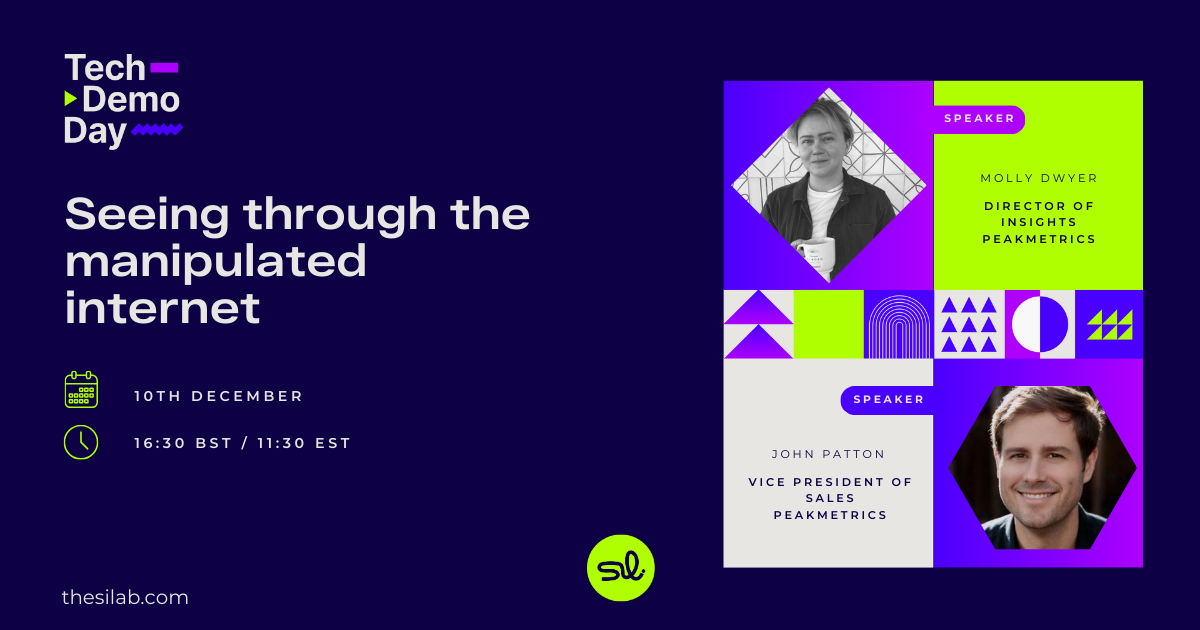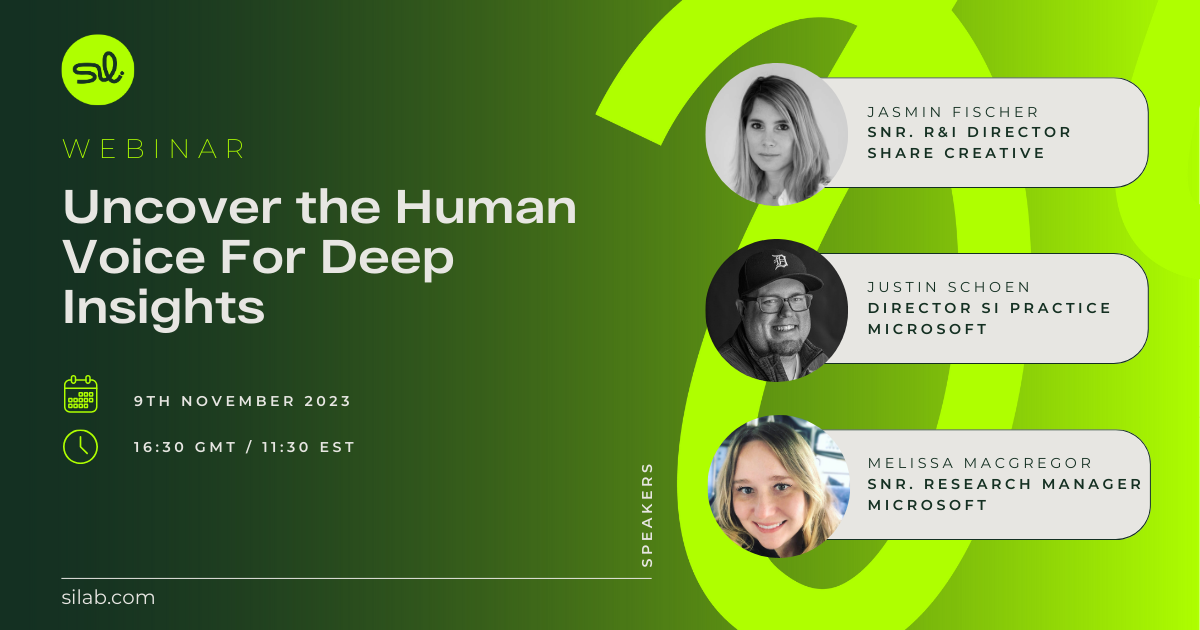
Celebrating Netnography: The Art and Science of Social Media Analysis
Heard of Netnography before? Chances are you've probably not but if you've been running social listening programmes you're likely to be following some principles of this methodology. Netnography could be the missing science for your work and possibly offer you new ammunition to get more buy-in for social listening.
One of the biggest stumbling blocks in the discipline of social intelligence is the fact that there is no formal education for social data analysis.
Well, it’s not strictly true. There are a number of social analytics university courses that are geared more towards computer science disciplines.
However, these courses could be somewhat removed for most of us who are responsible for organisational social listening. A few vendors tell me that “Account Manager” is the most frequent job title of their users, so I have a suspicion that those courses are not the right fit.
So, we come back to the original argument, that there’s a lack of formal training for social intelligence professionals. While there is little in the way of accredited education, there is a methodology and body of literature that can help those of us who are not so data science minded become more rigorous with our social intelligence endeavours.
This relates to online ethnography, netnography.
A Netnographic Test
The Social Intelligence Lab recently ran a benchmarking study to better understand how and why organisation are analysing social data. Embedded within that study were little nods to the theory and principles of netnography.
Boy did they confuse people.
I was the recipient of a lot of somewhat angry and confused emails about the lack of understanding of different phrases and terminology.
Yes, I know you’re not an academic. And, sorry, it was a test to see who identifies with the scientific theories of qualitative social data analysis.
Surprise, not a lot of people did.
Naturally, it begs the question, whether we should be responsible for social data analysis when the science is not understood?
For those who I spoke with, I found out that they do follow netnographic principles but did not know a theory existed to help guide their work. Today, I’m starting to rectify this, and I want to introduce you to netnography.
Introducing Netnography
So, what is netnography? If you already work in social listening and have the all too common arguments “we need to understand the why and not just the what”, you’re probably going to laugh at this.
Dr Robert Kozinets, the founder of the netnographic method says:
“netnography tends to dive deeper into the context behind the individual conversations, postings, interactions and experiences people have online. It is more focused on meaning”.
I hear your laughter. He’s spot on with what you need to find out and you’re probably thinking this could be your silver bullet.
Well, you’re right and wrong about that one. You’re still going to have to go through the same pains of data analysis as before but now you’re going to have the science to back up your art – the ammunition to get more project buy-in.
Netnography has been long established, since 1995. Which is long for internet times. Kozinets has two books on the subject Netnography: Doing Ethnographic Research Online and Netnography:Redefined with a third on its way.
The foundations of netnography may surprise some of you as they are in the area of qualitative research.
The Qualitative Study of Social Data
I’ve long since argued that social data is qualitative data but on a quantitative scale. When it comes to understanding consumer preference, behaviour and choice the focus must always be on qualitative context. Yes, we can get a quantitative interpretation, but the value comes from understanding the meaning in the online conversations.
Interestingly I’ve also found those with a qualitative background more prepared for the practices of social data analysis.
To understand context, culture and meaning we must embrace qualitative approaches to social data analysis. Netnography is a proven methodology to achieve this.
Netnography in Practice
Yes, netnography was created for academic purposes but it has also been used in practice.
For example, Nivea’s Black and White Invisible Deodorant was reportedly created in response to a netnographic study analysing online conversations about the link between deodorant and sweat stains. Apparently, we misattribute deodorants as causing sweat stains on our clothes, but they are really caused by sweat mixing with skin bacteria. The deodorant later won a “Best in Category” award from GfK.
Another netnographic study found that big tobacco is secretly promoting smoking and vaping via social media posts with a number of dedicated hashtags. While, rules against marketing tobacco to youths has been around for a number of years, and many countries banning cigarette commercials on television and radio, tobacco companies are able to skirt the existing laws to advertise smoking to young people.
These studies are not in isolation. Netnography is being used in practice globally and is a valid approach for your work. Kozinets terms the netnography the art and science of social media anthropology. Maybe it’s time to embrace more anthropology to take social intelligence to the next level.
Recent Academic Studies
And, if you’d like to learn more, there’s a list of recent studies adopting netnography.
Choi, J.W.J. and Kim, M. (2019). ‘Sneakerhead brand community netnography: An exploratory research’, Fashion, Style and Popular Culture, Volume6, Number 2, pp141-158.
Wang, YS. (2018). ‘Virtual cohabitation in online dating sites: a netnography analysis’, Online Information Review.
Schuman, D.L., Lawrence, K.A. and Pope, N. (2018). ‘Broadcasting War Trauma: An Exploratory Netnography of Veterans’ YouTube Vlogs’, Qualitative Health Research, Volume 29, Issues 3, pp357-370.
Lin, S., Hyungseok, K., Tan, F.T.C. and Leong, C. (2018). ‘Navigating Value Co-Creation in Entertainment: A Netnography Study on the Wang Hong Ecosystem’, PACIS 2018 Proceedings.
This interview was recorded via LinkedIn Live, if you prefer to view on LinkedIn, click the button below.
View InterviewSee related content










